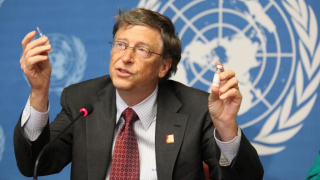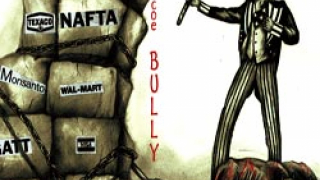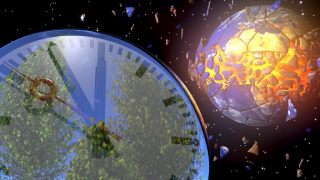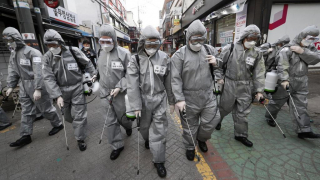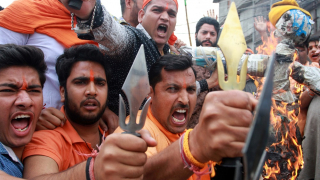COVID 19, the state and the neoliberal international system
06.05.2020
It is too soon to evaluate the extent of impact COVID-19 will have on international politics and economy. What we do know is that the pandemic necessitated a collective international response. For such a response, the leadership was supposed to be provided by the United States and the international institutions that oversee the smooth running of the market-based global economy were to be the knights in a shining armour. However, not only did the United States -- ‘the sole super power’ -- not rise to the occasion, it has been acting very selfishly and has, thus, bungled what could have been a unified international response to contain the spread of the virus. At the same time, the neoliberal economic system that holds sway across the globe has also failed miserably. Instead of creating and promoting opportunities for an international collaboration, it has been unsuccessful in the face of a strong shift towards narrow nationalism. Consequently, national interests of individual states have taken precedence over collective interest of a globalised humanity. The nation state, indeed, has re-asserted its primacy as the most important – and also most powerful – element in the architecture of global economy and politics.
Consequently, the international institutional infrastructure has all but collapsed in the face of the pandemic. Global financial institutions cut a sorry figure and look towards powerful states, pleading for a loan relief to developing countries so that they could put up a better fight against the spread of the virus. Many other institutions could not raise enough alarm about the disease as they were mandated to and are now facing criticism for their failure. The United Nations Security Council, arguably the most powerful global forum, has not even discussed the pandemic properly, let alone having come up with a concerted policy against it. As a result, no global response could be initiated – leaving each state to deal with the virus on its own.
In such circumstances, it is highly likely that the popular perceptions about the utility and even the rationale of such global institutions will face a downward trend. A case in point is the lukewarm international reactions to President Donald Trump’s threat of de-funding World Health Organization (WHO) which is supposedly at the forefront of the fight against corona virus. A lower confidence in and decreased funding for other international institutions, especially various arms and wings of the United Nations, looks like a distinct possibility now. Such reactions would force states to focus inwards and rely on self-help. As a major repercussion of all this, some concerns are already being raised that COVID might be the outright end of globalization. That may or may not come to pass.
This is not the first (or the last) time that globalization is under pressure. Both in the near and distant pasts, it has survived great wars -- World War I, World War II, Cold War and the War on Terror -- and epidemics -- Spanish Flu, SARS, AIDS, H1N1 and Ebola. But even if globalization may still be around in the coming years and decades, it will not be the same again. As we have seen after every crisis mentioned above, its architecture, characteristics and manifestations all mutate and transform after every trial it goes through.
The impetus for globalization in today’s world comes from economic powerhouses of Europe and North America. Driven by neoliberal capitalist system, the states in these two regions have sought to undermine – or even break – state sovereignty when their economies so required. But now many of these are repairing and re-erecting the boundaries to protect themselves from what they call the negative fallout of globalization. Ironically, these states are also the worst hit from corona virus and are finding it extremely hard to ward off its spread without changing the course of their politics and economy. Almost all of them are under immense internal pressure to revisit their commitment to neoliberal economic agenda and invest in public heath as a means to avoid any pandemics in the future. The political pressure and economic meltdown necessitate reform.
So, will these changes compel states to regulate globalization to avoid systemic collapses in future? Or will the neoliberal international system further reduce the role of the state to restart the global economy?
The answers are difficult to come by though one can say with a high degree of certainty that the world will continue to be a dangerously divided, politically unstable and economically vulnerable world. Especially so when the most powerful state is no longer willing to lead.
In order to get out of this phase, the international system requires a comprehensive re-assessment and reorganization of itself. And sooner that reassessment and reorganization takes place the better it will be for the poor and the sick around the world*.
_
*Views and opinions expressed are those of the author and do not necessarily present those of SDPI.


